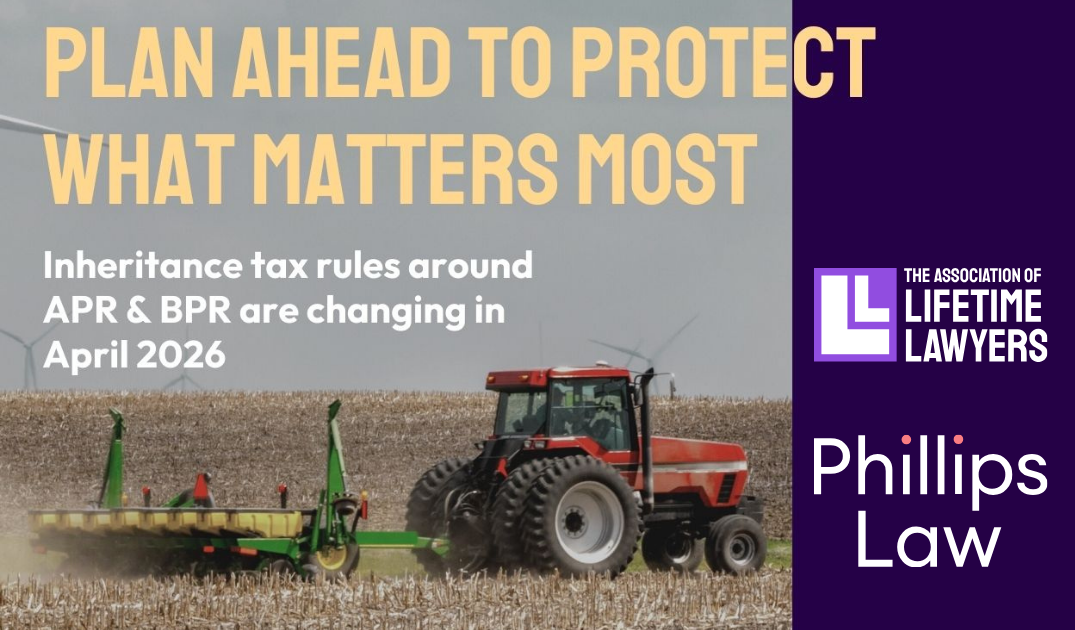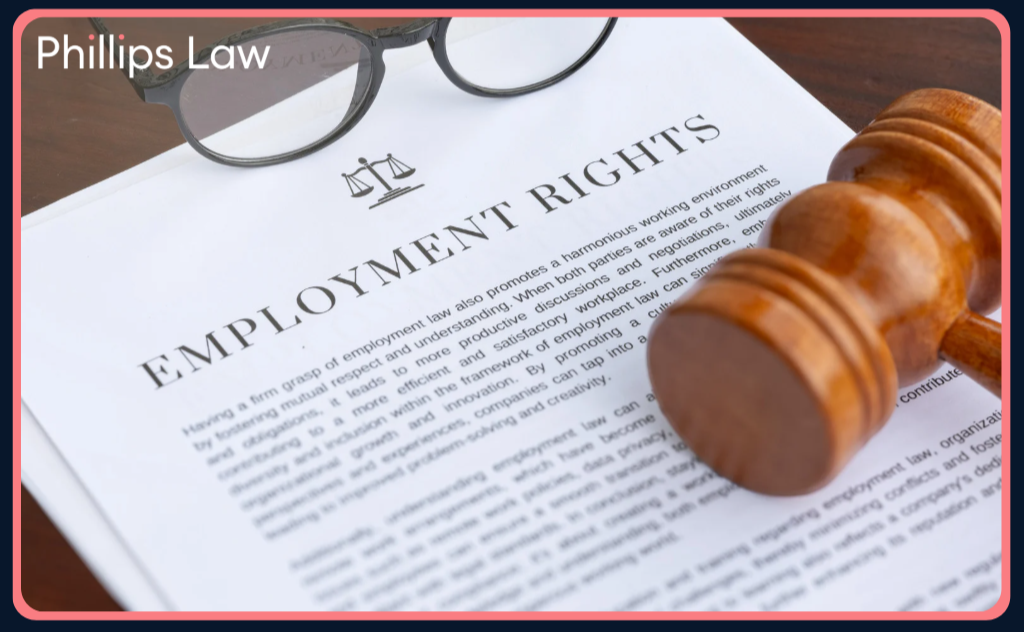
22 November 2022
An option agreement is a contract between a landowner and a developer where the developer has the opportunity (but not an obligation) to purchase land from the landowner with a certain time frame. It is binding agreement entered into between the parties and is often used by developers to secure the property whilst they explore the planning potential of the subject land.
There is usually an option fee paid by the developer to the landowner. This is often as little as £1. The purchase price for the property may be agreed between the parties at the outset of the option. Alternatively, a mechanism for calculating the final price may be inserted into the document.
Developer’s security
The option agreement prohibits the landowner from selling the property to a third party during the option period whilst the developer is exploring the viability of the project. Once the developer has satisfied himself as to the feasibility of the proposed development, he can trigger the purchase of the property by ‘exercising’ the option. Once the option has been exercised, it becomes an agreement to purchase making it obligatory for the landowner to sell and the developer to purchase on the terms set out in the agreement.
On the other hand, if it turns out that the project is not suitable, then the developer can simply walk away and let the option lapse without any penalties or legal repercussions.
What is in it for the landowner?
An option is an ‘option’ to purchase the land and not an ‘obligation’. The downside for the landowner is that the developer may decide, well into the option period, that the proposed development is not viable and pull out of the deal. However, if drafted and agreed diligently, option agreements can be a practical method by which landowners can offer up their land for development and reap the rewards of doing so, without having to be directly involved in either the planning process, or construction.
Are there other kinds of arrangements that may be more suitable?
Although an option agreement is one of the most common methods used to structure and secure a potential development in the UK, there may be other types of arrangements that could be more suited to give effect to the intentions of the parties, such as conditional contracts, promotion agreements, overage agreements, or pre-emption agreements. Every situation and eventuality require careful thought and professional advice to ensure that the documentation is suitable for the intended purpose.
Phillips Law can advise and guide on the most appropriate mechanisms and agreements to facilitate development whether you are a landowner or developer. Please do not hesitate to get in touch with one of our Commercial Property team for more information.
Contact Us
Please call us or email and we’ll get back to you as soon as possible.

We are delighted to announce that Phillips Law is the regional sponsor of the Knight Frank Schools Triathlon, supporting both the Charterhouse and Marlborough events. The Schools Triath ...
More
What farming families and business owners need to know If you own a farm, land, or a family business, you will have undoubtedly heard that inheritance tax (IHT) rules are changing. Whil ...
More
We are about to see a great wave of Employment Law changes following the Employment Rights Act 2025 becoming law in December. We will use these updates to keep you abreast of the change ...
More
As we look back on a busy and notable January at Phillips Law, we wanted to share a round-up of recent milestones, insights, and community moments from across the firm. Phillips Law cel ...
More
A guide to share incentivisation for employers and an update on the new employment rights. We have created a morning of practical insight that focuses on how you can reward and retain y ...
More
We are proud to announce Victoria’s Promise as Phillips Law’s Charity of the Year for 2026. Victoria’s Promise is a local charity providing dedicated support to young women aged 25 to 5 ...
More